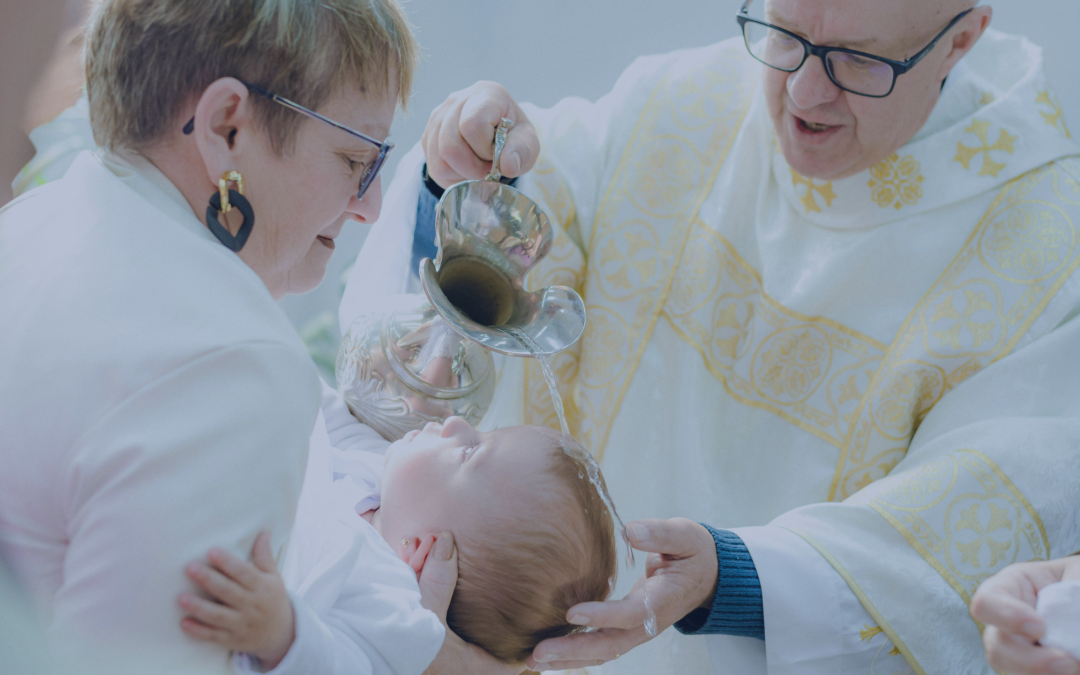Each person is born with a purpose—a unique calling implanted in their soul by God. In Catholic teaching, this call is known as a vocation, derived from the Latin word vocare, which means “to call.” Far more than a career or a role, a vocation is God’s invitation to each individual to live a life of love, service, and holiness. St. Pope John Paul II once said, “all men and women are entrusted with the task of crafting their own life: in a certain sense, they are to make of it a work of art, a masterpiece.” [1]
At the heart of every vocation is the universal call to holiness. Regardless of one’s path in life—whether married, single, religious, or ordained—every person is called to grow in love of God and neighbor. The Second Vatican Council powerfully affirmed this, stating: “All the faithful of Christ…are called to the fullness of the Christian life and to the perfection of charity” (Lumen Gentium, 40) [1]. This is the common foundation upon which all other vocations are built. From this shared call to holiness flow the particular vocations—specific ways in which a person lives out their response to God’s love. These include marriage, priesthood, religious life, and consecrated single life. Each of these paths offers a distinct witness to the Gospel and contributes to the sanctification of the world.
Vocation and Discipleship
To be a disciple is to follow Christ not only in belief, but in action—in prayer, in sacrifice, in the pursuit of virtue, and in service to others. Discipleship demands attentiveness to the voice of the Good Shepherd and a willingness to go wherever He leads. Blessed Chiara Badano, a young laywoman who embraced a consecrated life through her total self-gift to God, once said, “I care only about doing God’s will and loving Him with all my soul.” [2] Her words reflect the essence of true discipleship—one that is not always visible or dramatic, but quietly faithful. In Chiara’s life, we see that holiness is formed in simple, daily acts of love and surrender, even in the midst of the tremendous suffering she would undergo in her short life.

One of the most striking examples of vocation and discipleship in Scripture is the call of St. Matthew. In his own Gospel, Matthew recounts the moment Jesus called him: “As Jesus passed on from there, he saw a man named Matthew sitting at the customs post. He said to him, ‘Follow me.’ And he got up and followed him.” (Matthew 9:9) [3]. This brief exchange reveals a powerful truth—vocation often begins with a simple invitation and a courageous response. Matthew left behind his livelihood, his comfort, and his former way of life to follow a new path. He did not wait until he had all the answers. He trusted the One who called him. His life changed forever because of that yes.
Responding to God’s Call
This willingness to respond generously to God’s call is echoed in the lives of countless saints. St. John Vianney, patron saint of parish priests, beautifully summarized the vocation to the priesthood, saying, “The priesthood is the love of the heart of Jesus” [3]. In the vocation to marriage, Venerable Fr. Patrick Peyton, known for his promotion of the family Rosary, emphasized the sanctity of spousal love: “The greatest thing a father can do for his children is to love their mother” [4]. Saints in religious life, such as St. Edith Stein (St. Teresa Benedicta of the Cross), who embraced the Carmelite vocation, spoke of the grace found even in suffering: “Let us love the Cross and remember that we are not alone in carrying it. God is with us” [5]. And in the consecrated single life, Bl. Chiara Badano reminded the world about her devotion to Jesus by her most famous quote, “For you, Jesus… if you want it, I want it too.” [2].
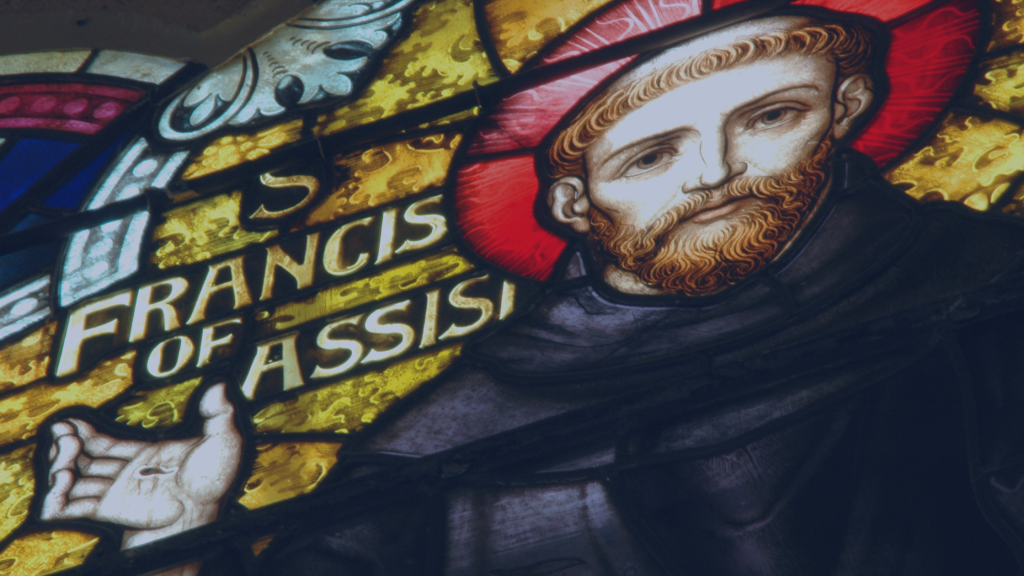
Discernment In Practice
Discerning a vocation requires both patience and prayer. It is rarely revealed all at once. God often speaks in the silence, in the gentle stirrings of the heart, in the counsel of others, and through the circumstances of life. For many, clarity comes through consistent prayer, regular reception of the sacraments, and openness to serving others. It can also be helpful to speak with a spiritual director or trusted mentor—someone who can help us interpret the signs of God’s movement in our lives. At CMF CURO, our members have access to spiritual direction, providing guidance rooted in Catholic teaching and prayer that can be especially helpful during periods of discernment. The journey of vocation often begins with small acts of faithfulness that gradually unfold into a life of purpose.
There are several helpful questions to ponder when discerning one’s path: Where do I feel the deepest peace? In what moments do I feel closest to God? What gifts and desires has He placed in my heart? Am I open to His call, even if it leads me in an unexpected direction? What might be keeping me from saying yes? These questions are not always answered easily or quickly, but they are essential in opening one’s heart to God’s plan.
The Impact of Vocation
As I’ve reflected on these questions in my own life, I realize how much the witness of others has helped me understand what it means to say “yes” to God. I’ve been blessed to know people who have been called to a variety of vocations—marriage, priesthood, religious life, and dedicated single life. Each of them, by embracing their unique calling, has had a positive and lasting impact on me. Whether it’s a priest whose words in a homily resonated deeply, a religious sister who radiates peace and joy, or friends who live out their faith in their marriages or single vocations, their lives have shown me the beauty of answering God’s call. Seeing how they serve others, grow in holiness, and live with purpose has inspired me to reflect more deeply on my own vocation and trust that God is actively working in each of our lives.
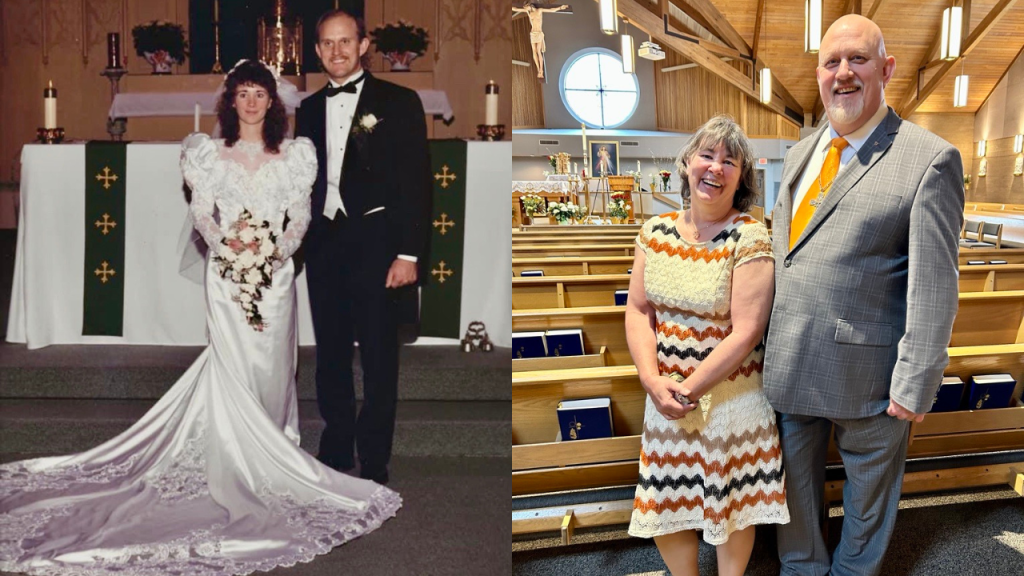
Most of all, it has been the daily witness of my parents’ vocation to marriage that has left the deepest imprint on my heart. Their unwavering love, quiet sacrifices, and steadfast faith—lived out through both seasons of joy and times of hardship—have shown me what it truly means to say “yes” to God. Their relationship is not perfect, but it is rooted in something far deeper: a mutual commitment to love each other as God loves, and to invite Him into every part of their lives. I’ve seen how their shared faith has carried them through difficult moments and magnified their joy in the good ones. Growing up in the stability of their love has given me a living example of how God’s grace sustains a vocation over time. Through them, I’ve learned that vocation isn’t just about the grand moments—it’s about the daily choices to love, forgive, persevere, and trust. Their marriage is a quiet yet powerful testimony that when we build our lives on God’s call, we discover a love that endures, transforms, and leads us closer to Him.
Another person whose witness has deeply impacted me is Sister Deirdre Byrne. Meeting her and hearing her story was nothing short of awe-inspiring. A retired U.S. Army Colonel, surgeon, and now a religious sister, her life is a powerful testimony to what it means to give everything to God. Her humility, courage, and unwavering trust in divine providence left a lasting impression on me from the very first encounter. As I got to know her more personally over the years, she became a guiding light in my own journey of discernment. Sister Deirdre lives her vocation with such joy, strength, and selflessness that it has made me aspire not only to listen more closely to God’s voice, but to become a person of integrity, conviction, and deep love like she is. She has helped me understand that holiness is possible in the modern world—and that true greatness lies in a life poured out in service to others and in total trust in God’s plan.
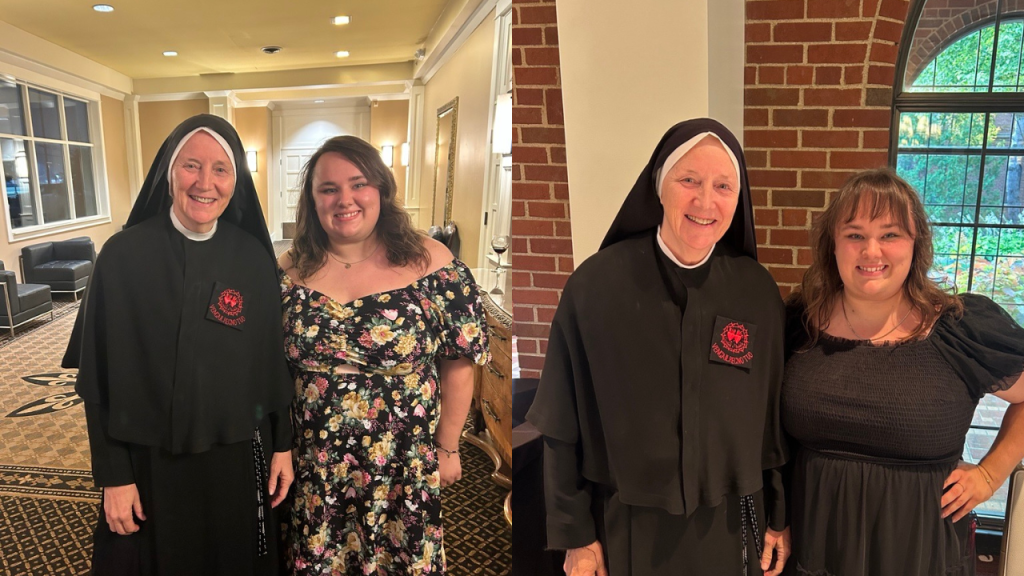
These examples in my life—my parents, priests, religious, and friends—have shown me that vocations are not just lofty ideals; they are real, lived responses to God’s invitation. They have helped me see that vocation is not about perfection, but about relationship and trust.
Ultimately, responding to a vocation is not about achieving a perfect life. It is about trusting the One who created you and desires your joy more than you do. It is about saying “yes” to the One who has already said “yes” to you in love. God is always calling. Sometimes the call is bold, other times it is subtle—but it is always rooted in love. The only question is: Are we listening?
As we reflect on these truths, let us entrust our discernment to God with this prayer:
A Prayer for Vocational Clarity
Lord,
You have created me for a purpose,
a mission that only I can fulfill.
Open my heart to hear Your voice.
Grant me the courage to respond generously,
the wisdom to know the path You’ve laid before me,
and the trust to follow You, even when the road is uncertain.
Let me be a faithful disciple,
always seeking Your will,
and walking in the light of Your love.
Through the intercession of Mary,
and the saints who have answered Your call,
guide me to the life You have prepared for me.
Amen.
Vocation is not reserved for the holy few—it is God’s invitation to each of us. Whether we are just beginning to seek, or have already embarked on the journey, may we take this time to listen, to follow, and to trust that God’s call will lead us to the fullness of life.
References
- JPII (various speeches and writings).
- Bl. Chiara Badano (various speeches and writings).
- USCCB website, Gospel of Matthew 9:9
- Saint John Vianney, quoted in Catechism of the Catholic Church, §1589.
- Venerable Fr. Patrick Peyton, familyrosary.org.
- Saint Edith Stein (St. Teresa Benedicta of the Cross), The Science of the Cross
